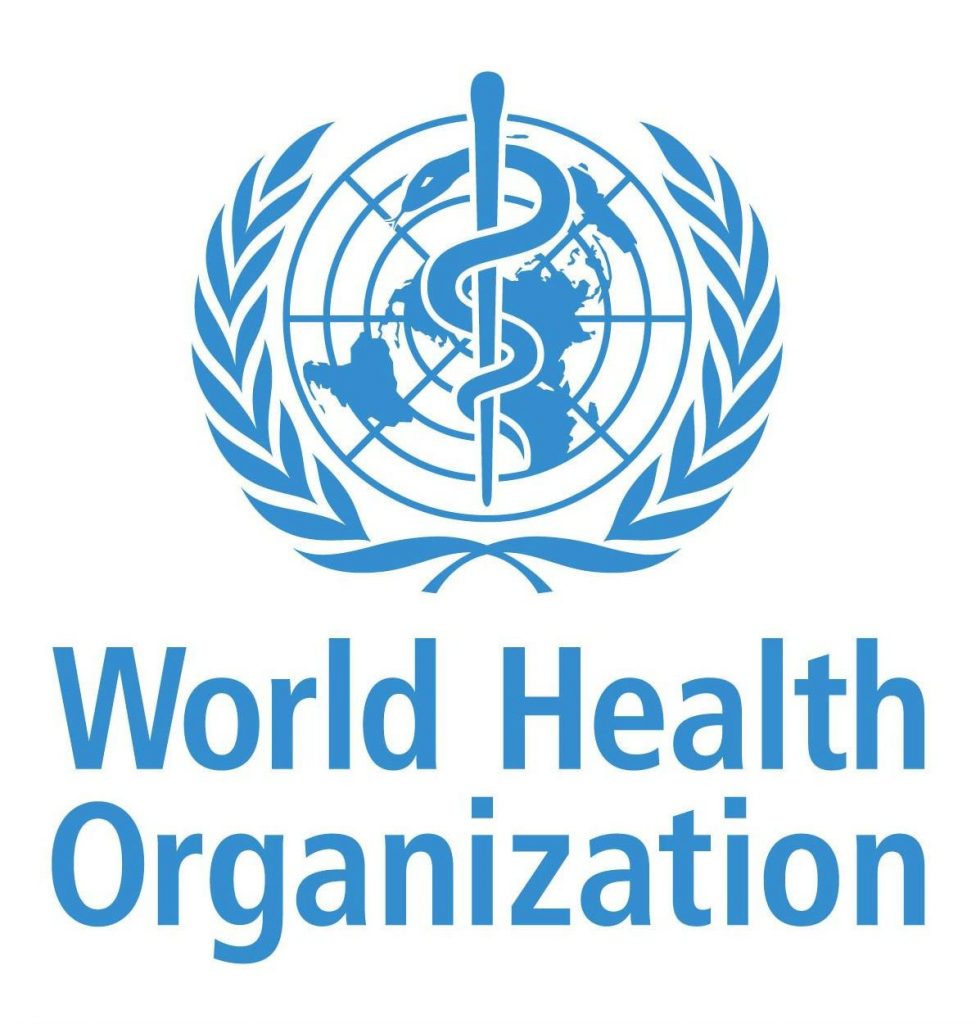Despite slow spread of COVID-19 in some countries due to lockdowns and vaccination programmes, World Health Organization described as “premature” and “unrealistic” to think the virus will end in 2021.
Speaking at a press briefing in Geneva, Dr Michael Ryan, WHO’s executive director of emergency services, said vaccinating the most vulnerable people, including healthcare workers, would help remove the “tragedy and fear” from the situation, and would help to ease pressure on hospitals, the “COVID-19 is very much in control.”
“It will be very premature, and I think unrealistic, to think that we’re going to finish with this virus by the end of the year,” Ryan said
“If the vaccines begin to impact not only on death and not only on hospitalisation, but have a significant impact on transmission dynamics and transmission risk, then I believe we will accelerate toward controlling this pandemic.”
The number of new global infections, according to WHO, rose last week for the first time in almost two months. Reported cases increased in four of the WHO’s six regions: the Americas, Europe, South-east Asia, and the eastern Mediterranean.
“This is disappointing, but not surprising,” said the director general of the WHO, Dr Tedros Adhanom Ghebreyesus.
“We’re working to better understand these increases in transmission. Some of it appears to be due to relaxing of public health measures, continued circulation of variants, and people letting down their guard.”
He said while vaccines would help to save lives, “if countries rely solely on vaccines, they’re making a mistake.”
“Basic public health measures remain the foundation of the response,” he said.

